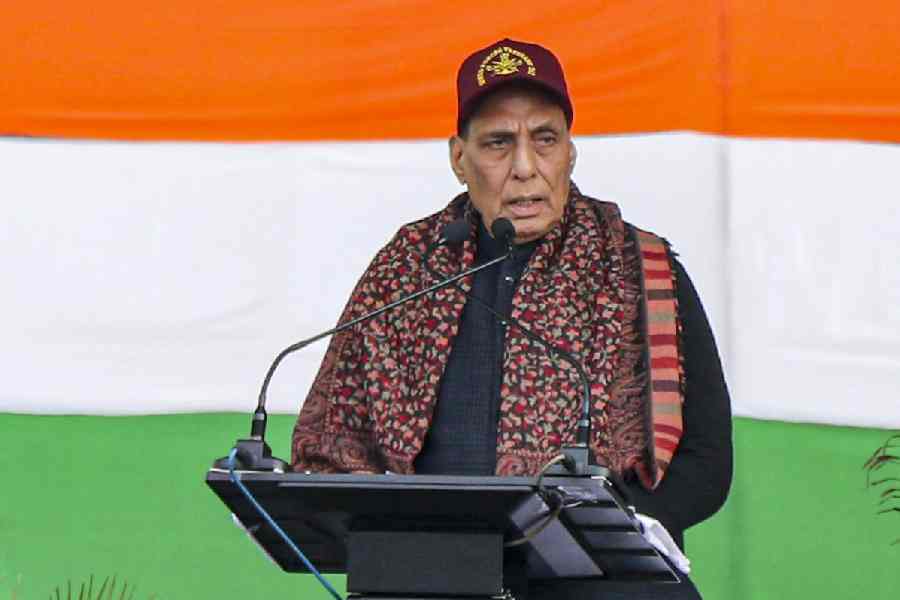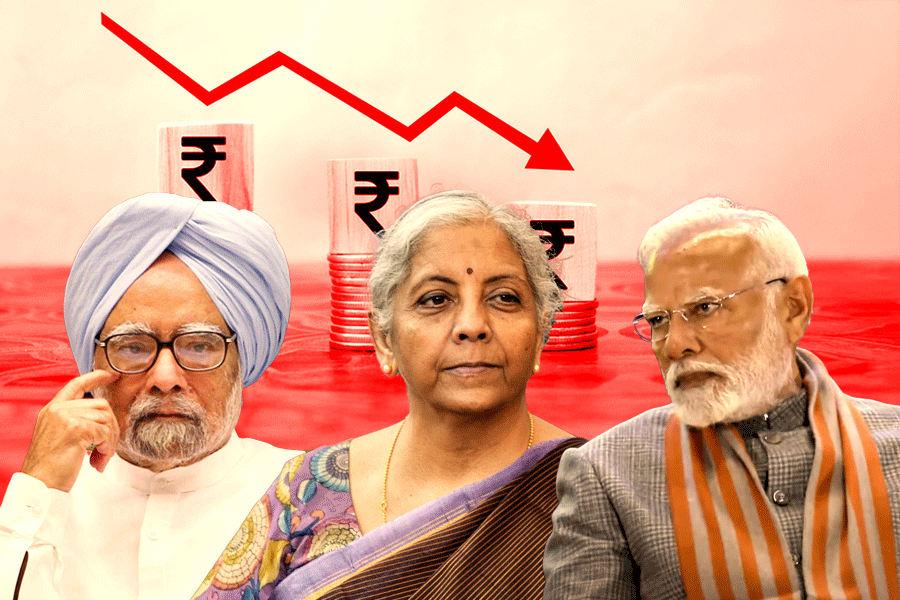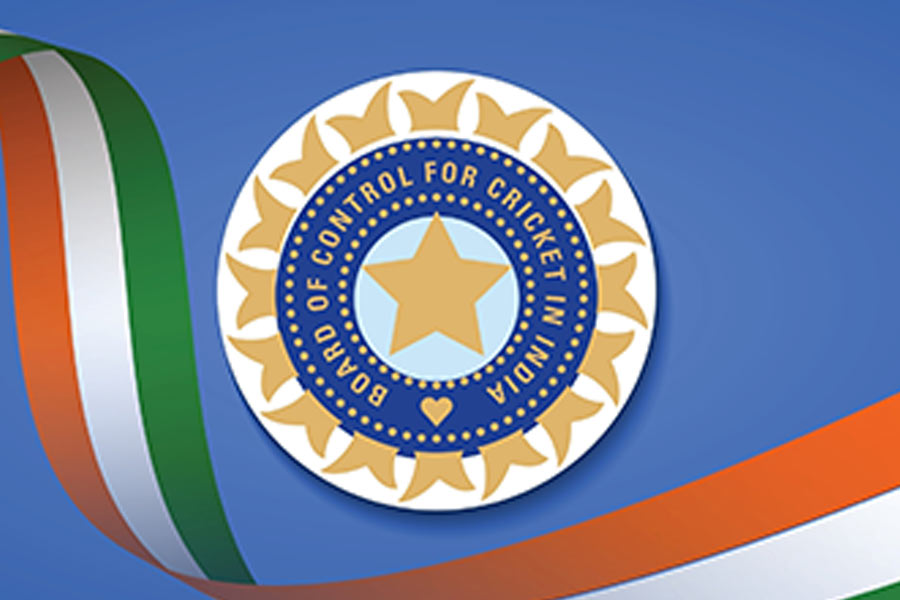First came the damage. It has now been followed, quite predictably, by efforts at damage control. Akhilesh Yadav, the leader of the Samajwadi Party, has refuted speculation of fissures in the INDIA bloc; Sanjay Raut of the Shiv Sena (UBT), too, has asserted that the party’s decision to fight the local polls on its own should not be seen as a signal to break ties with the Opposition alliance. It was Tejashwi Yadav of the Rashtriya Janata Dal who set the proverbial cat among pigeons by saying that the INDIA coalition had been formed specifically with the general elections in mind. Post-polls, INDIA has done nothing to dispel the occasional murmurs of its demise. Ties among the coalition partners have been fractious: the regional parties have alleged that the Congress, buoyed by its somewhat improved performance in the Lok Sabha polls, had not ceded ground to them in the Haryana and Maharashtra elections. The imminent Delhi assembly polls have also seen bad blood between the Aam Aadmi Party and the Congress: both parties are fighting for the slice of the same electoral pie. The Trinamool Congress had also questioned the Congress’s capacity to lead the alliance and pushed for Mamata Banerjee as a leader of the bloc; even Lalu Prasad endorsed such a ploy. The Congress’s weakened position after its dismal defeat in Haryana and Maharashtra must have emboldened its ‘friends’ to bark.
The fact that the knives are out for the Congress within INDIA may, in fact, be attributed to the art of political bargaining: INDIA’s members would like to get better bargains in seat-sharing for the forthcoming polls. But this also raises an old suspicion: that INDIA has always lacked cohesion and consensus that are the vital glue in making a coalition of disparate parties stick together. Shockingly, instead of improving its internal coordination after managing to stop the Bharatiya Janata Party from winning an absolute majority on its own in the general election, INDIA has been content to be overwhelmed by tensions among its partners. The goings-on prove two things. First, INDIA’s constituents have not been able to resolve the dilemma — contradiction — of being regional competitors and national allies at the same time. Second, significant electoral success — INDIA has not tasted it — plays an important role in keeping an ambitious — opportunistic? — flock together.











